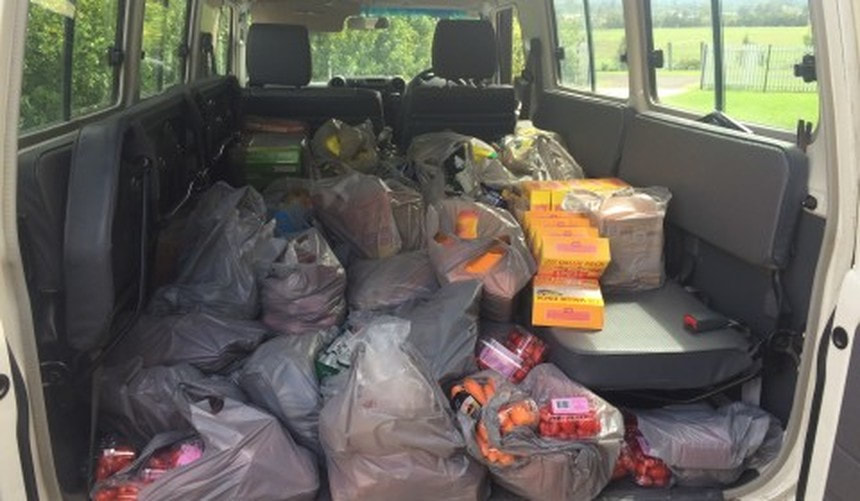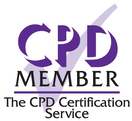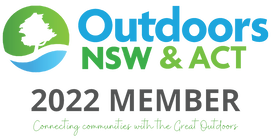|
Managing medical concerns at school and on excursions is one of my biggest worries as a teacher! Anaphylaxis is at the top of that list, since a reaction can be almost instant from the allergen and has a cascading effect. This means the longer you leave it, the more difficult it is to recover. However, despite this serious concern, it just means effective strategies need to be in place to ensure preventative measures are the number 1 priority.
In outdoor education, we usually run our programs a considerable distance from emergency medical care. As a result, this adds an additional layer of risk to any trip away. However, rather than worry about this and feel as though it’s too risky to take kids away, my focus has always been on effective preparation and management. This ensures that the chances for an anaphylactic reaction becomes so low, it’s not an issue. If a student’s medical profile is flagged with an anaphylactic allergy, I’ll phone home and talk to mum and dad. What I need to know when I call is what are the specific triggers? Can they have foods which might contain traces of the allergen? When was the last reaction and what happened? Even though this information might be in the medicals, I prefer the first hand information from parents, so I can effectively brief my staff. I also want to know how well their son or daughter manages their allergy. Are they aware of what can happen? Are they aware of what foods they can and can’t have? This information is vital in helping provide teachers with the best management strategies in the field. As an example, on one program, I had 247 students out in the field for a week long camp. 11 of the students had allergies which could result in an anaphylactic reaction. Based upon the information from the parents, and the fact some activities were hours away from emergency care, I carefully placed students with the highest needs in the closest proximity to emergency healthcare facilities. In one of the extreme cases, given the number of allergens that the student was affected by, I asked his mum to provide and pack the week’s food in an esky for her son and I provided a clean stove which was specifically for his personal use. At the end of the day, it about clear channels of communication between parents, teachers and the child. Even though all staff are trained in first aid and anaphylaxis treatment, effective preparation and prevention is far more important. For every activity we do, we go armed with a list of dietary requirements and only shop according to each individual excursion. We don’t plan meals months in advance to save time. It’s about providing the best meal options for each individual group. This way, we’re prepared and able to ensure we provide a safe environment for every child and a wonderful memorable experience away from school.
0 Comments
Your comment will be posted after it is approved.
Leave a Reply. |
AuthorWrite something about yourself. No need to be fancy, just an overview. Archives
April 2021
Categories
All
|
Copyright Xcursion Pty Ltd 2015-2023


 RSS Feed
RSS Feed


